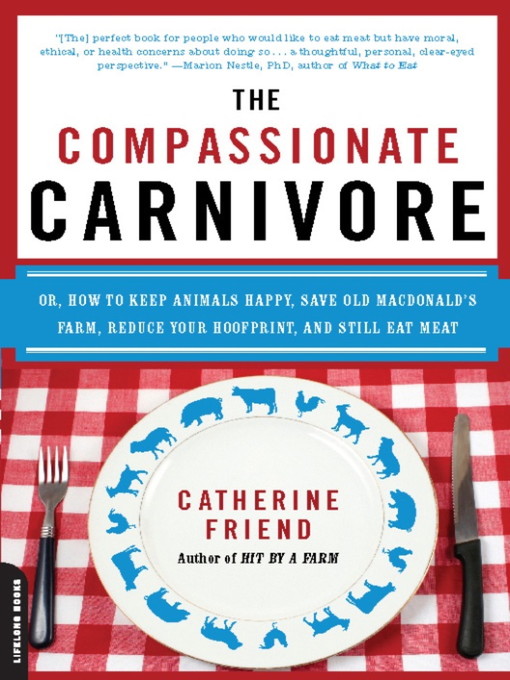- National Poetry Month
- Mine a Good Book
- 250th Anniversary of the American Revolution
- Earth Day Reads
- 2025 Libby Book Award Winners and Runners Up
- How Does Your Garden Grow?
- Always Available Ebooks: Kids Classics
- Always Available Ebooks: Classic Fiction
- Always Available Ebooks: Classic Nonfiction
- Great reads without the wait!
- Adapted for Young Readers
- See all ebooks collections
- National Poetry Month
- Mine a Good Book
- 250th Anniversary of the American Revolution
- Earth Day Reads
- 2025 Libby Book Award Winners and Runners Up
- How Does Your Garden Grow?
- Always Available Audiobooks
- Great reads without the wait!
- Everyone Reads: Spanish Titles for Young Readers
- Adapted for Young Readers
- See all audiobooks collections


